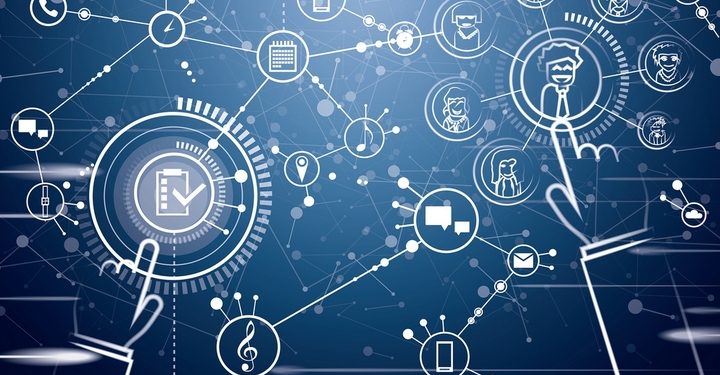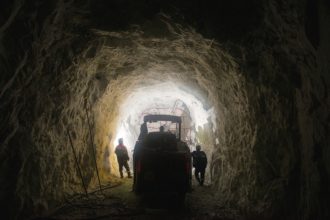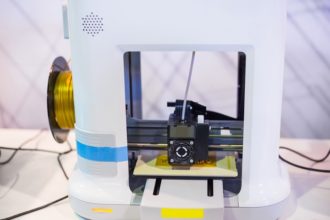4 Things to Expect from the Emerging Internet of Things

One of the great things about the march of technology is its ability to bring us all closer together. That is, after all, the underlying ethos behind the Internet. Between introducing the world to a continuous stream of cat videos and redefining what it means to “Like” something or “Friend” someone, the Internet has linked the world together like never before, and the Internet of Things promises to do the same. That said, the degree to which the Industrial IoT will link businesses, resource extraction firms, and the tech between those two forces merits a closer examination.
- Greater Integration of Physical Items and Online Databases
The Internet of Things is posited to work by increasing connectivity between the Internet and physical items. This can be accomplished by implanting or connecting said physical items to scanners, which can connect to clouds and databases, which can in turn facilitate data sharing between the cloud or database and the item in question. This can be used for things such as getting real-time information on an item you scan at the grocery store, or allowing damaged units in a factory line to communicate to tech staff where and how they are damaged.
The industrial applications of these forces are obvious. Not only can this help tech firms and those using tech as a key tenant of their business model get real-time information on their robots and machines, but it can also be used to share that data up and down the production line in real time.
- Greater Connection between Resource Extraction and Companies
One of the most intriguing possibilities raised by the Industrial IoT is the prospect of even greater connection between companies which extract resources and those which utilize them. For example, oil extraction companies could share data on their work more efficiently with car companies, petrol stations, and other outlets in need of that oil.
- Greater Involvement of Oil and Tech Companies
Because of this, the oil and tech industries are among the most likely to make initial use of Industrial Internet of Things technology. This is especially true in tech-savvy cities like Toronto and oil-rich provinces like Alberta.
- Greater Public Awareness
With any new technology, part of the story is always about how this new tech is put to use. It is one thing to develop a technological concept and theorize about its potential, but it is quite another to see how it impacts real people in the real world when it is actually put to use. That was true of the Internet itself. Just think of all the real-world changes, for better and worse, that have occurred over the past couple decades as a direct consequence of the Internet’s rise.
The same is likely to be true with the Industrial Internet of Things as focus is put on its application. Greater interaction between oil and tech firms is one thing. Public reaction to those interactions, however, will depend in part on how those firm’s usage of the Internet of Things helps them respond to those concerns.
Still, for the tech optimist, this is still one more reason to hope that, with greater connectivity, we’ll be able to achieve greater and more productive solutions to this and other quandaries with the coming of the Internet of Things.


